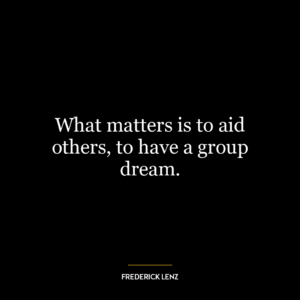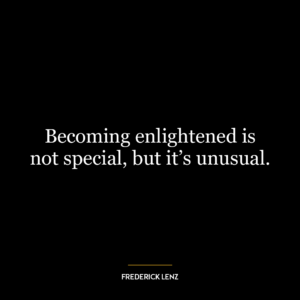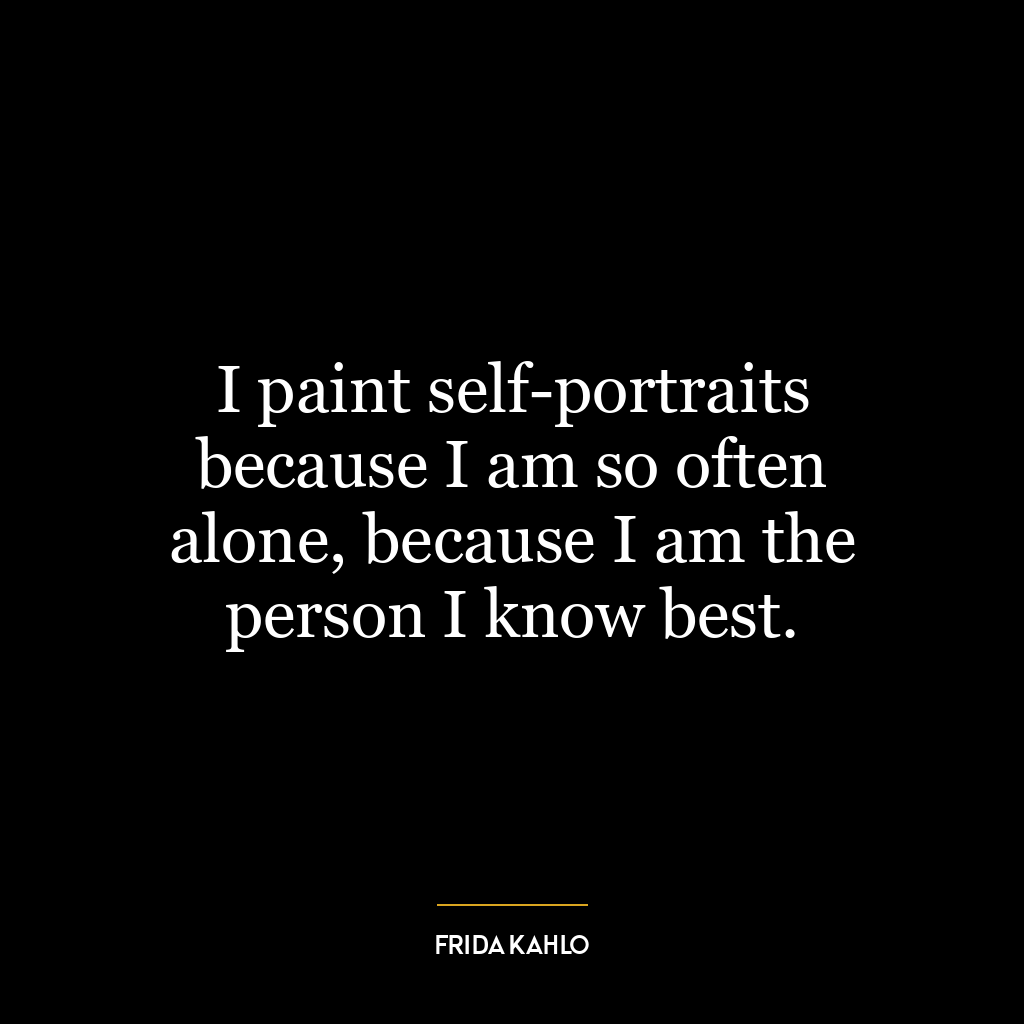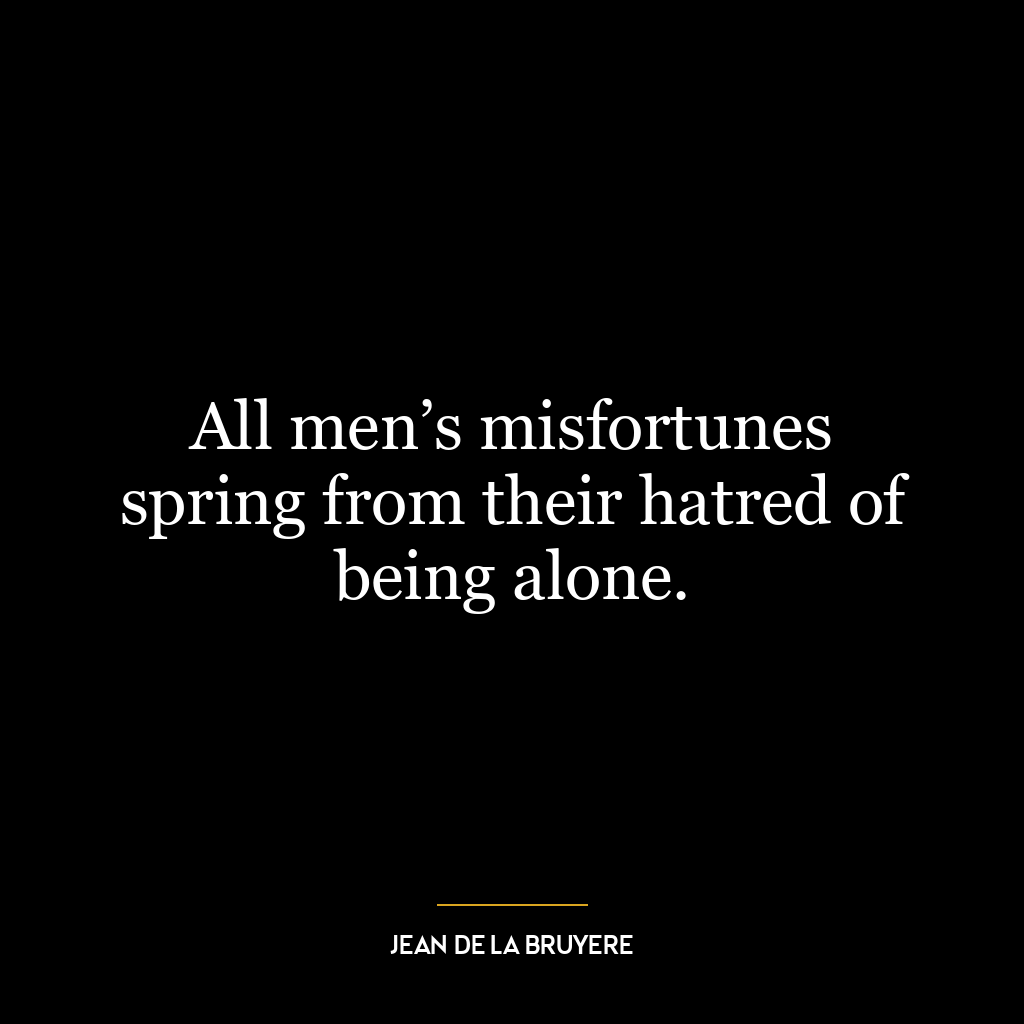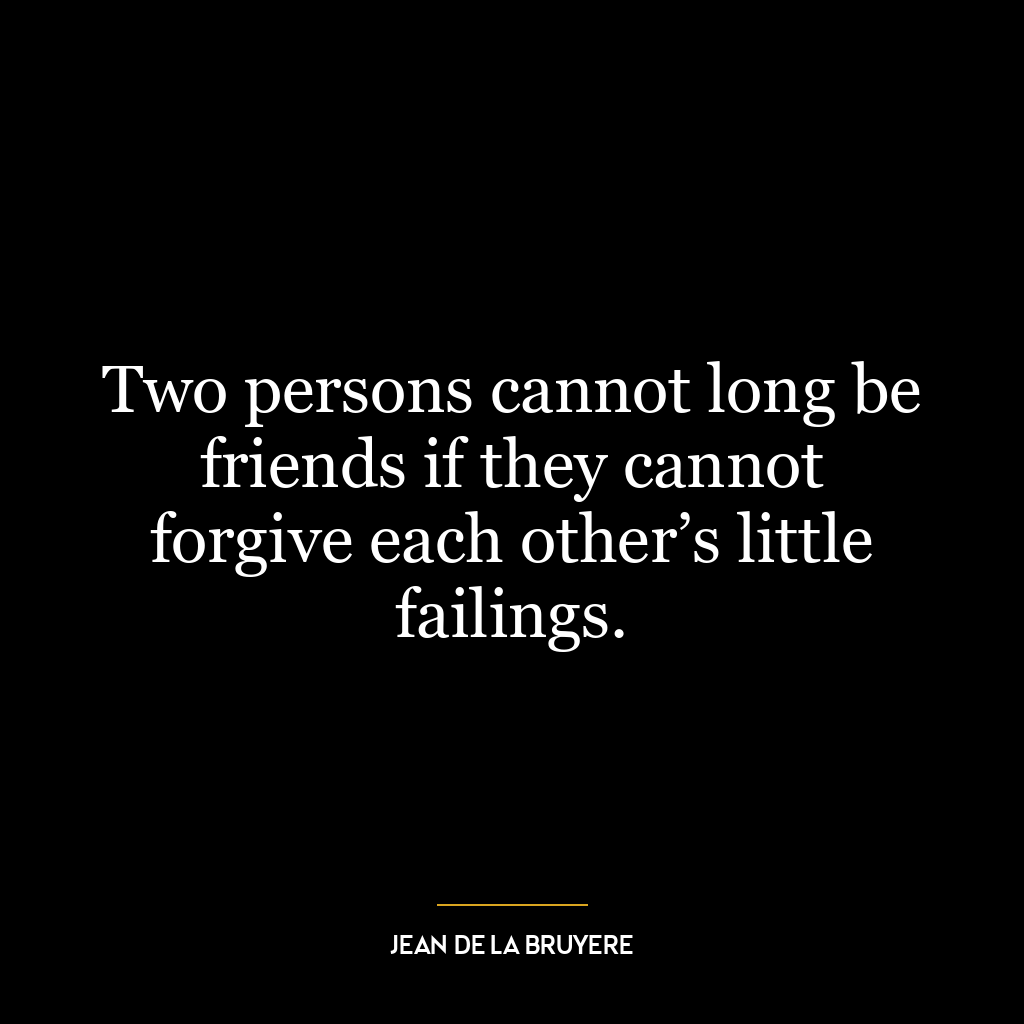This quote suggests that even when surrounded by friends, an individual can still experience a sense of alienation and misery. This is attributed to the ego, which is often associated with our sense of self and identity. The ego, as it is presented here, can create a barrier between us and those around us, causing feelings of separation and isolation.
The ego often seeks validation, recognition, and a sense of superiority. When these needs are not met, it can lead to feelings of alienation and misery. For instance, even when in a crowd full of friends, if the ego feels unrecognized or invalidated, it can result in feelings of isolation, irrespective of the physical presence of others.
It’s also important to note that the ego can distort our perception of reality. It might make us believe that we are separate from others, leading us to feel lonely even when we are not. This can happen even in the midst of a crowd full of friends, where logically, we should feel connected and engaged.
In today’s world, this idea is particularly relevant due to the rise of social media and online platforms. Despite being more ‘connected’ than ever, many people report feeling more isolated and alienated. This could be because digital interactions often feed the ego – they can be controlled, manipulated, and often revolve around self-presentation. This can lead to a lack of genuine, fulfilling connections, causing feelings of alienation.
In terms of personal development, understanding this concept can help individuals work towards reducing the influence of their ego. This could mean practicing humility, focusing on genuine connections, and seeking validation from within rather than external sources. It could also entail practicing mindfulness and presence, to avoid the distortions of reality that the ego can create. By doing so, individuals can feel more connected and less alienated, regardless of their physical surroundings.




